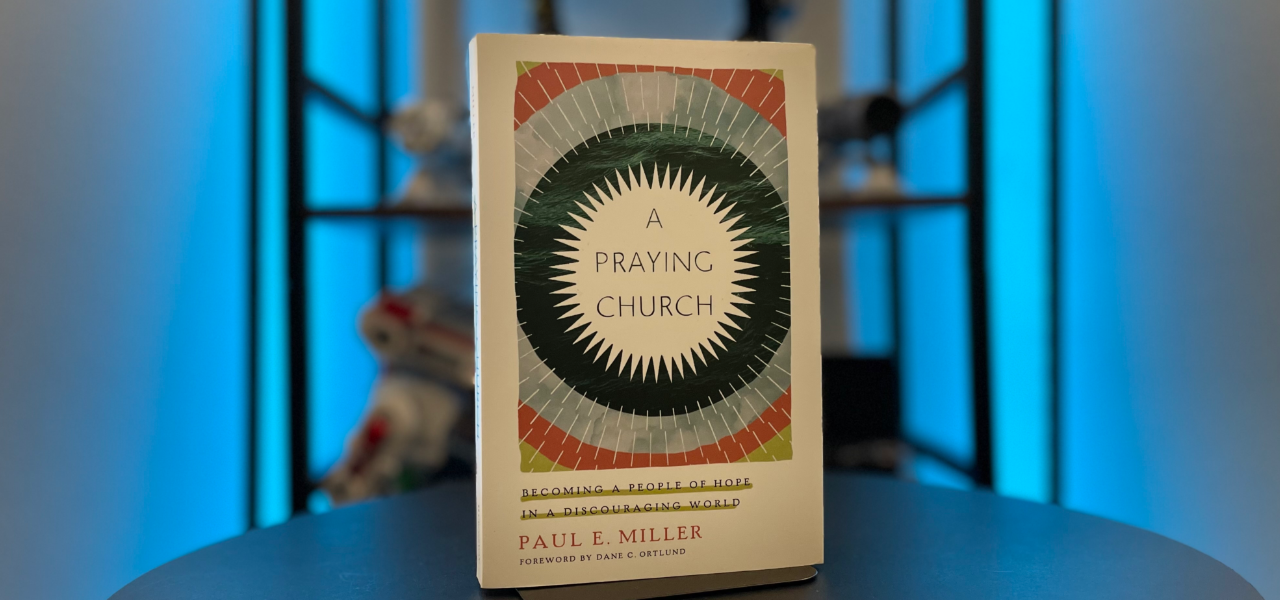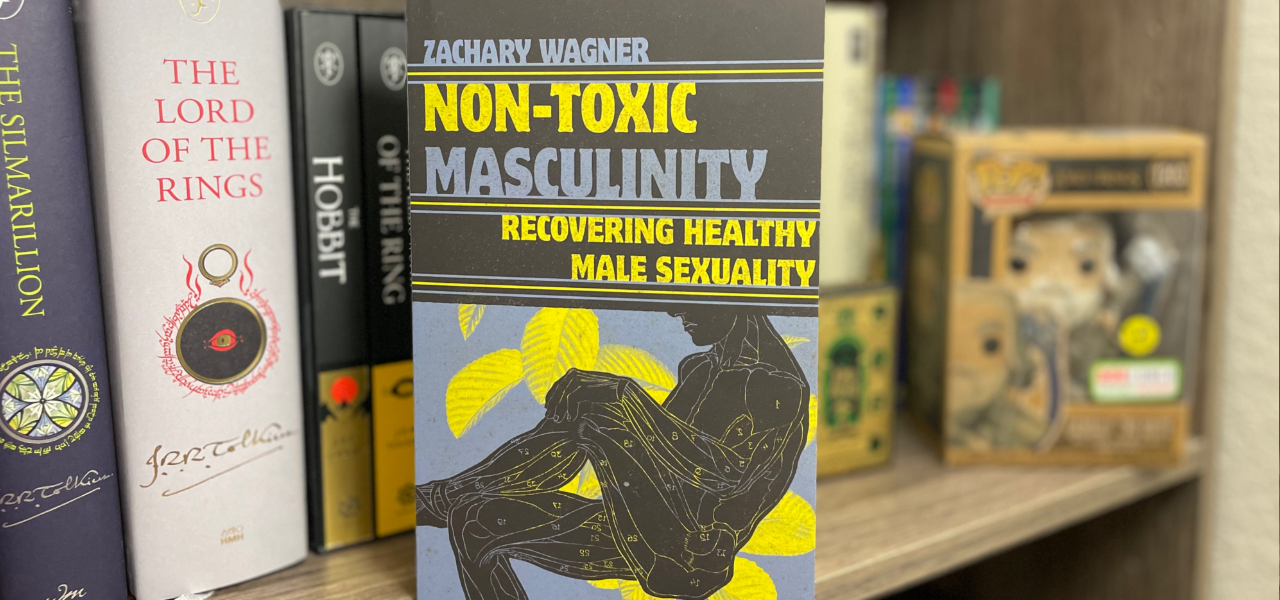Something New But Very Old

Last week I wrote a post about my struggle to experience rest in my soul. One of the things that I mentioned doing was studying the liturgical calendar so that I could build into my life rhythms of fasting, remembering, and celebrating the goodness of God. As I pursue that goal this year I am going to be practicing Lent. I am very much a novice at observing a liturgical year, but the idea of allowing the story of Jesus to shape every part of my life, including my calendar, is deeply appealing. When I find myself stressed and overwhelmed, it’s often because I am trying to control things Jesus did not intend for me to control. It’s because I am carrying burdens God did not intend for me to carry. I need to be reminded that I am part of a larger story, a story that is not about me. And what better way to do that than to join in with countless of my brothers and sisters around the world in following a calendar that has been observed since the Council of Nicea.
Depending on whom you talk to, Lent, or the liturgical calendar comes with a lot of preconceived notions. For some, they think dead tradition. It’s something people do that has no meaning. Others, think of the debauchery that often goes along with Fat Tuesday or Mardi Gras. I mean, if New Orleans Square at Disneyland decorates for Mardi Gras, how spiritual can it be? But just because a tradition is dead for one person (and surely this is true for many), doesn’t mean the tradition itself should be thrown out. Should we stop singing in church because we sometimes simply go through the motions of corporate worship? No. And just because feasting and celebrating are often taken to sinful extremes (like they are with the aforementioned holidays); that doesn’t mean we should stop feasting or celebrating. As the people of God, we have the most and best reasons for celebrating. Look through the Old Testament to see how many feasts and celebrations God put in their calendar year to help them keep their focus on him. Jesus’s first public sign was at a week-long Jewish marriage celebration and his miracle was producing at least 120 gallons of the best wine anyone there had tasted. He knew how to keep the party going. Now obviously this is no excuse for unchecked carnality. But Christians are not called to stoicism either. We should throw the best parties. (For the record, I am horrible at celebrating. I’m an awkward introvert who couldn’t throw a good party if his life depended on it. My idea of celebrating Fat Tuesday was eating extra ice cream. Wild.)
But not all of the liturgical calendar is about celebration. In fact, Lent is a season of just the opposite. It’s a season of sorrow, sobriety, and simplicity. It’s a season of self-denial. It’s a season to “take up our cross.” After his baptism, Jesus went into the wilderness for 40 days. There he was tempted but did not give in to temptation. He renounced the devil and evil desires. And so, for centuries, Christians have entered a season of fasting for the 40 days leading up to Easter. It’s a season of saying “no” to things in our lives so that we can have a greater focus on Christ as we prepare to remember his death and then celebrate his resurrection. Fasting is a way to deny things our flesh craves so we can discover the satisfaction Jesus brings. And as we deny ourselves, we anticipate celebrating the resurrection of our Savior. We are reminded he is our true hope. In his book, Living The Christian Year, author Bobby Gross says, “Even as we prepare for the anguished hours of Good Friday and the unfathomable silence of Holy Saturday, we anticipate the glorious joy of Resurrection Sunday.”
Another reason I am drawn to the liturgical calendar is its intentionality. It’s not just a Catholic thing. It’s been around nearly as long as Christianity. I mean, how counter-cultural and so very Christ-like is it to intentionally have a season of self-denial? Yes, this should be a way of life. But oftentimes we dismiss intentional seasons because “it should be a way of life” as a cover for never actually doing the thing. It’s easy to grumble about how commercialized many of our holidays are. How about intentional celebrations that strengthen our faith? The liturgical calendar is about building your life around the story of Jesus. So this Lent Season I’m going to be fasting from social media. (That feels so cliche, I know.) But social media is often the first and last thing I look at during the day. I cringe a bit when my phone tells me how much time I spend on it every week. To replace it I am going to be reading a devotional called Rich Wounds that is published by The Good Book Company and written by David Mathis. It focuses on the Life, Death, and Triumph of Jesus; and includes a section about his passion week. (My friend, Aaron, wrote a helpful review of it here.) I know I’m technically not starting at the beginning of the liturgical calendar, but I’m excited to see how Christ draws me to him in this season. Would you pray with me that God would use this season to do that? I sure would appreciate it.






